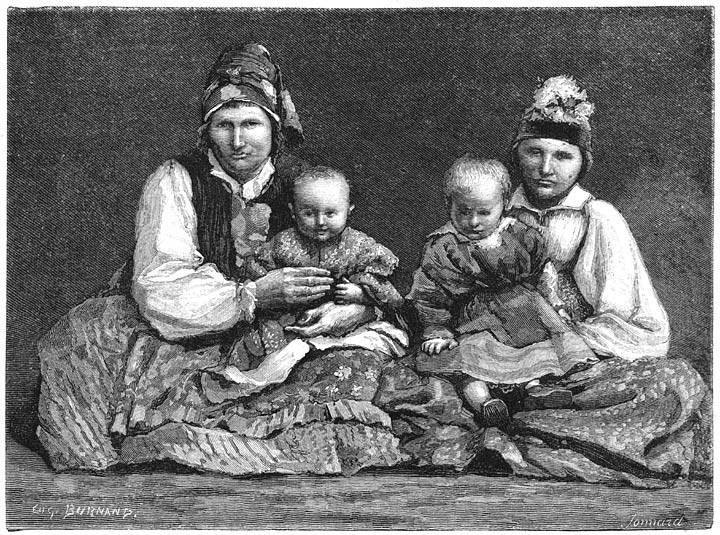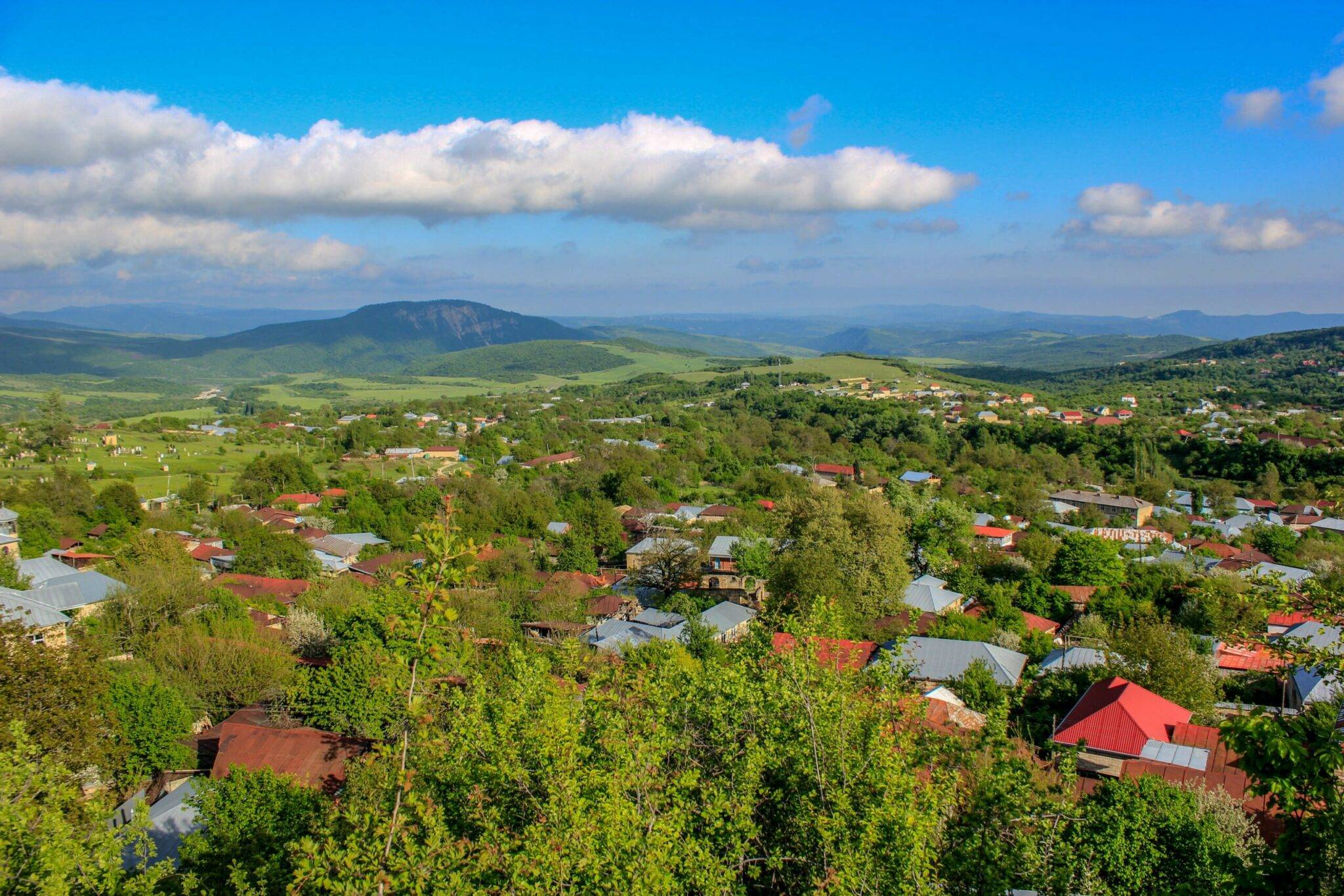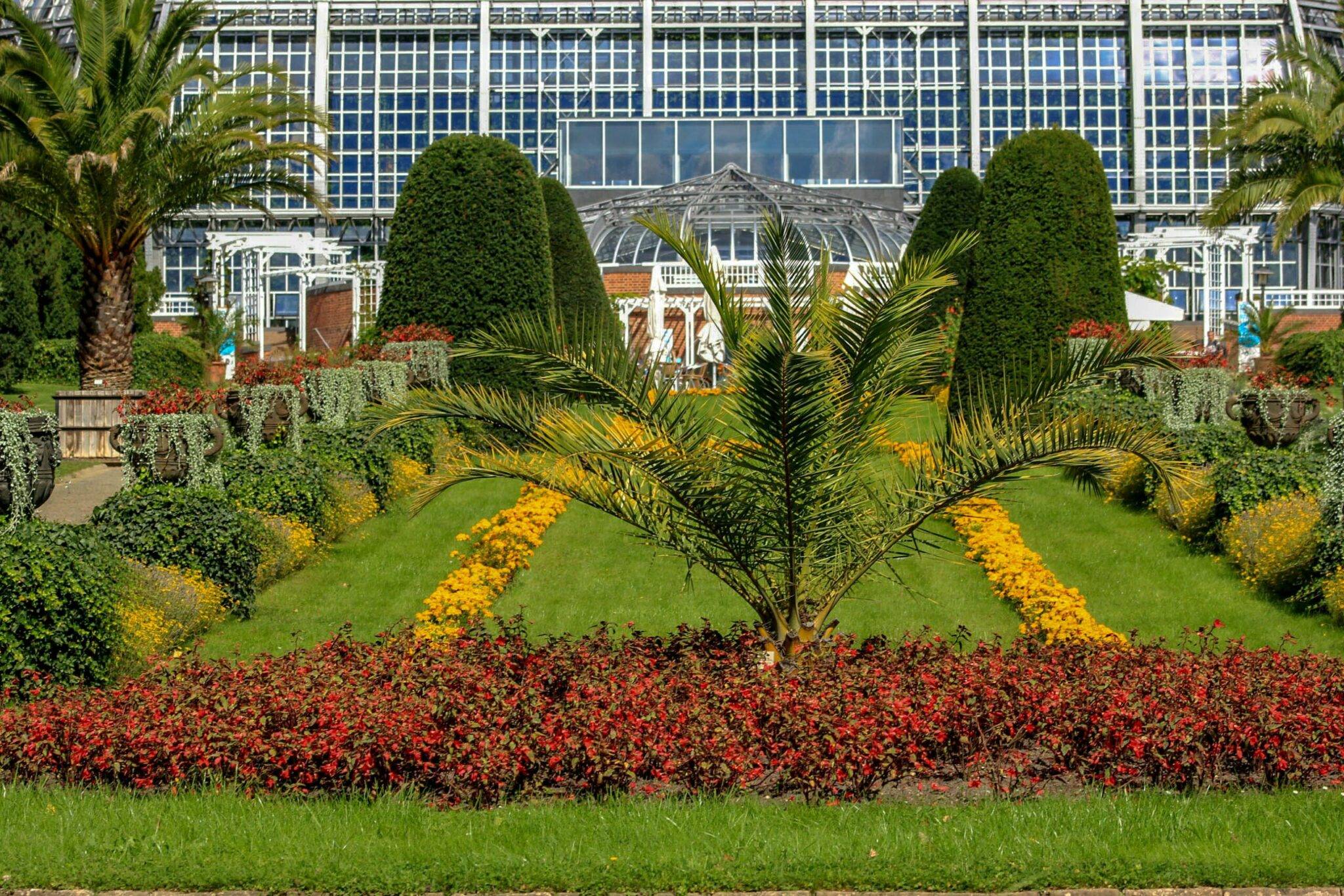
Doukhobors of Canada by Channel 3 TV
15. апреля 2016 0 Автор Asif MasimovThe Doukhobors are a religious group that originated in Russia in the 18th century. The word «Doukhobor» means «Spirit Wrestler» in Russian, and the group is known for their pacifist beliefs, communal living, and rejection of formal religious institutions. In the late 19th and early 20th centuries, many Doukhobors immigrated to Canada, seeking a place where they could practice their beliefs without persecution. They settled primarily in British Columbia, Saskatchewan, and Alberta, and established communal villages where they could live and work together. The Doukhobors faced many challenges in Canada, including discrimination and attempts to assimilate them into Canadian culture. In the early 1900s, the Canadian government attempted to force the Doukhobors to send their children to public schools, which the Doukhobors saw as a threat to their communal way of life. This led to protests and clashes with the authorities, including the burning of houses and other property. Over time, the Doukhobors began to integrate more fully into Canadian society, while still maintaining their unique cultural and religious traditions. Today, there are still Doukhobor communities in Canada, primarily in British Columbia, and they continue to practice their pacifist beliefs, communal living, and rejection of formal religious institutions. The Doukhobors have also made significant contributions to Canadian culture and society, including in the fields of art, music, and literature.
Teilen mit / Поделитесь
- Нажмите, чтобы открыть на Facebook (Открывается в новом окне)
- Нажмите, чтобы поделиться в Telegram (Открывается в новом окне)
- Нажмите, чтобы поделиться в WhatsApp (Открывается в новом окне)
- Нажмите, чтобы поделиться на Twitter (Открывается в новом окне)
- Нажмите, чтобы поделиться на Reddit (Открывается в новом окне)
- Нажмите, чтобы поделиться записями на Pocket (Открывается в новом окне)
- Послать ссылку другу по электронной почте (Открывается в новом окне)
- Нажмите для печати (Открывается в новом окне)
- Ещё


